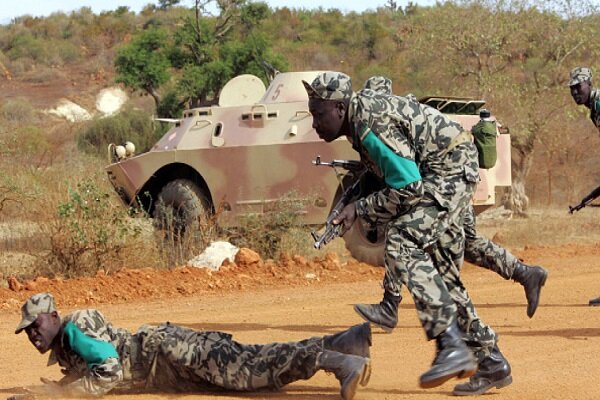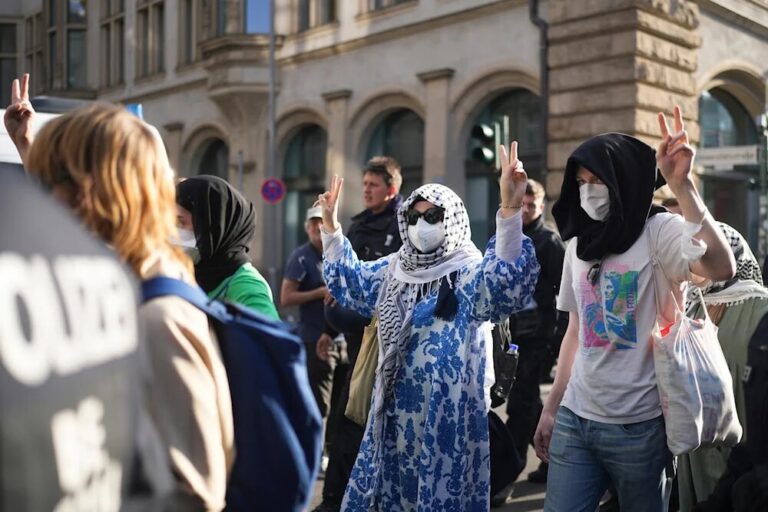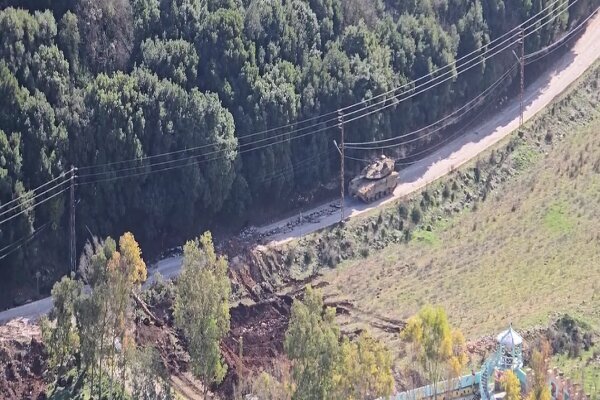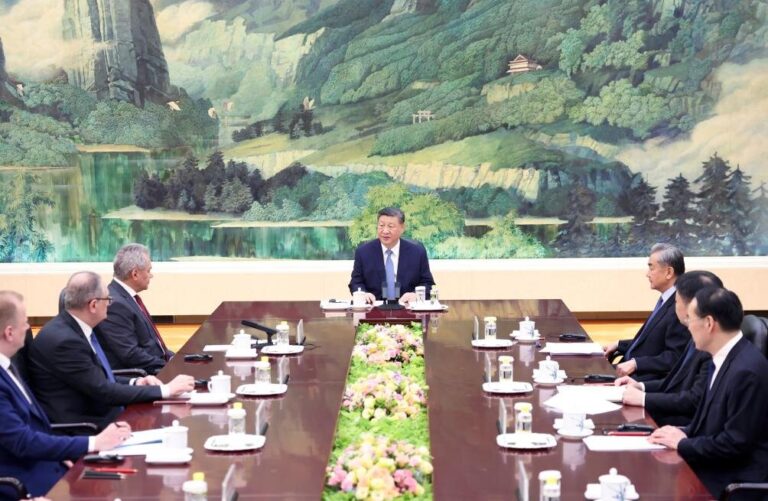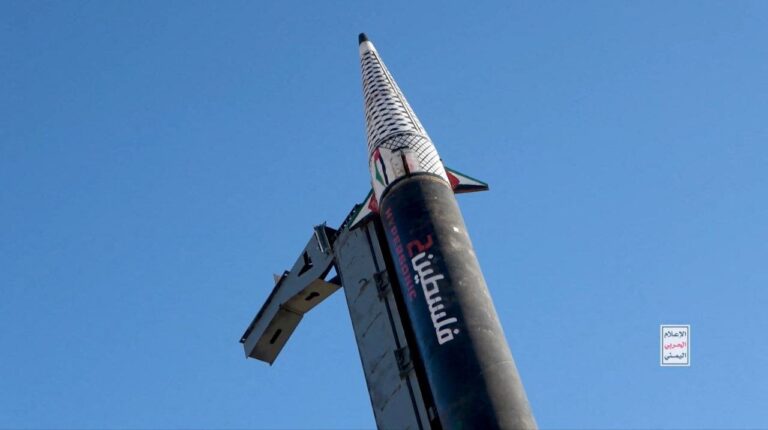Mali, Burkina Faso, and Niger Withdraw Diplomatic Envoys from Algeria Amid Rising Tensions
The recent escalation in tensions between Algeria and the Alliance of Sahel States (AES) has raised significant concerns regarding regional stability and international law. The AES, a coalition formed by Mali, Niger, and Burkina Faso, has publicly condemned Algeria for the downing of a drone, labeling it an “irresponsible act” that infringes upon international norms. This situation underscores the fragile relationships within the Sahel region, as long-standing diplomatic ties are put to the test.
According to reports from the New Arab website, the AES took to social media to express its discontent over the drone incident. They stated:
“The act was contrary to historical relations and fraternal relations between the peoples of the AES Confederation and the Algerian people.”
Malian Prime Minister Gen. Abdoulaye Maiga refuted allegations made by the Algerian government, which claimed that the drone had breached its airspace by over two kilometers (1.2 miles). In response, he asserted:
“This action proves if proof were needed, that the Algerian regime sponsors international terrorism.”
In a show of defiance, Mali summoned the Algerian ambassador and announced its withdrawal from a regional military group that has been in place for 15 years, which includes Niger, another AES member. Furthermore, Mali plans to file a formal complaint with “international bodies” regarding the drone incident.
This development comes at a time when tensions are escalating between Algeria and its southern neighbors, particularly Mali. The backdrop of this conflict is rooted in the political upheaval experienced in Mali since the military juntas took power. Following their ascendance, these juntas exited the Economic Community of West African States (ECOWAS) and established their own security partnership, known as the Alliance of Sahel States, in September of the previous year.
Some analysts view this move as an attempt by the juntas to legitimize their rule amid ongoing sanctions related to military coups and the subsequent deterioration of relations with neighboring countries. Rida Lyammouri, a Sahel expert at the Morocco-based Policy Center for the New South, stated that:
“The latest war of words was unlikely to escalate beyond that.”
Lyammouri expressed skepticism regarding the Malian government’s ability to conduct an effective investigation into the drone’s downing, citing that the incident occurred in an area not under their control. He noted:
“What remains of the drone has been recovered by groups opposed to the government.”
He further remarked that while diplomatic tensions are likely to increase, a military confrontation between Mali and Algeria is improbable. Lyammouri emphasized that:
“Mali and other AES members would not engage militarily against Algeria, and vice versa.”
Historically, Algeria has played a pivotal role as a mediator in the longstanding conflict between Mali’s government and Tuareg rebels. However, relations between the two nations have soured following the military coups in 2020 and 2021, which placed military leaders at the helm of Mali’s government.
Algerian officials have voiced their disapproval of Mali’s current government and its aggressive tactics to suppress rebellion in the northern regions, which have been historically turbulent. They have expressed concerns about the potential spillover of conflict across the border, particularly in light of Mali’s reported utilization of Russian mercenaries and armed drones near Tin Zaouatine, a border town where the drone wreckage was discovered.
Notably, the Malian government has not retrieved the downed drone. Social media videos, reportedly posted by northern rebels, show them in possession of the remnants of a Turkish-made Akinci drone, manufactured by Baykar. Mali had acquired at least two of these drones from Turkey last year, deploying them against armed separatists and combatants affiliated with al-Qaeda and the Islamic State group.
Algeria, boasting one of Africa’s largest military forces, has long viewed itself as a regional power. However, military leaders in neighboring Mali and Niger have begun to distance themselves from Algeria, advocating for greater autonomy and forming new alliances, including those with Russia.
The current situation presents a complex web of geopolitical tensions, historical grievances, and the quest for regional dominance, all of which could have far-reaching implications for peace and stability within the Sahel region.
As the situation continues to develop, the international community watches closely, hoping for a resolution that respects the principles of sovereignty and international law.
